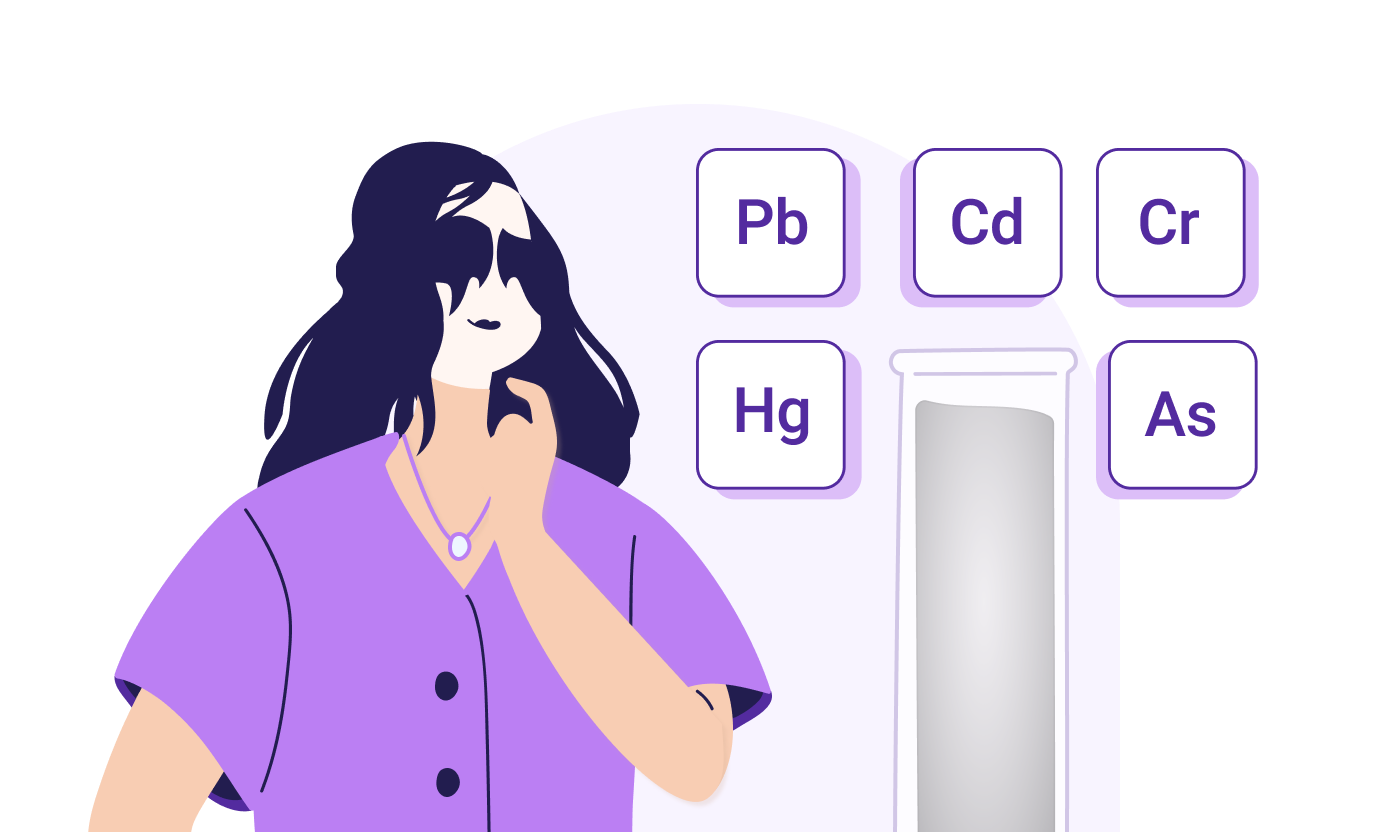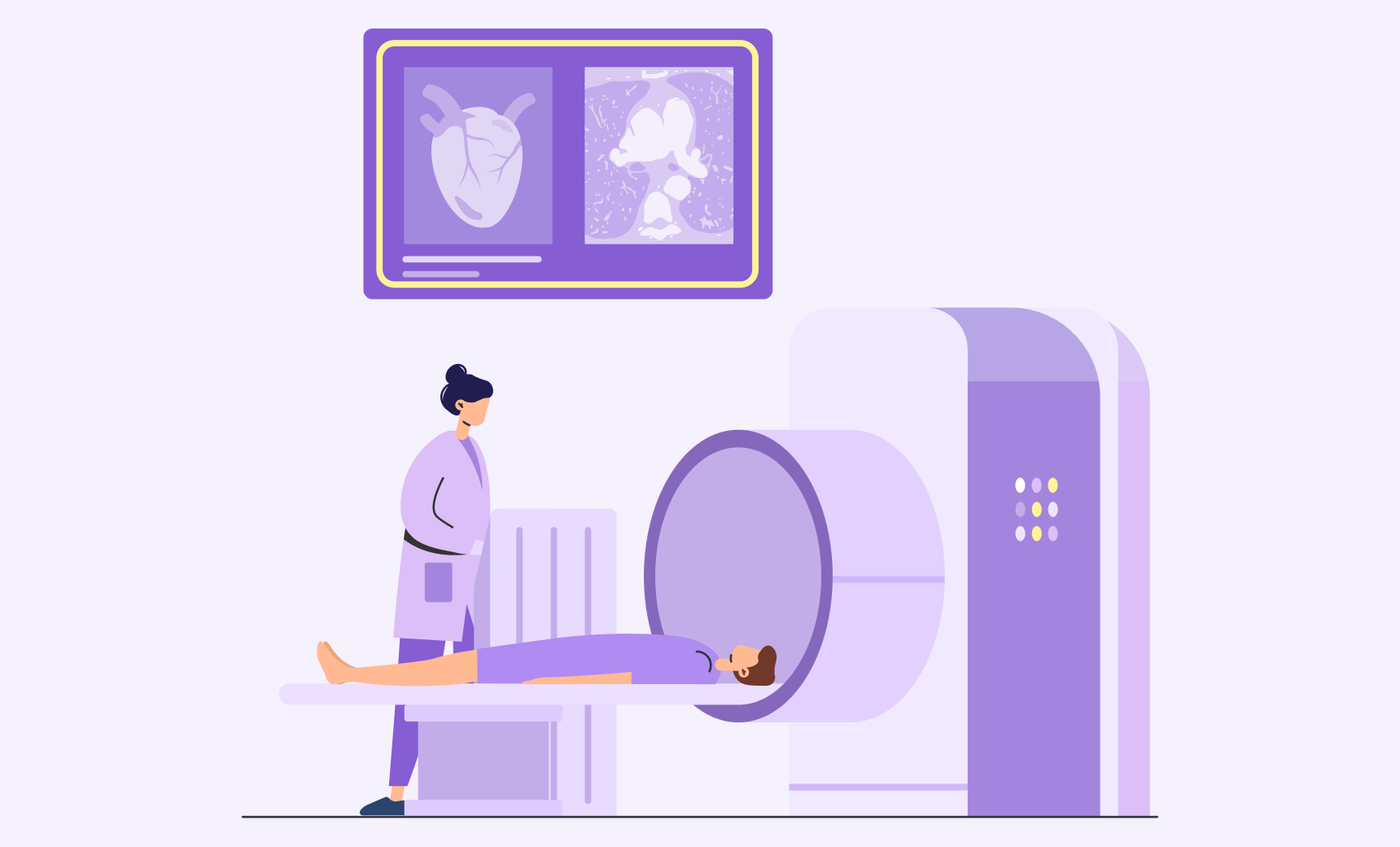
Do I Need Heavy Metal Testing?
We're not talking rock 'n' roll. Learn about the ins and outs of this important test.
There are two types of heavy metal tests. One is a medical test. The other quizzes your knowledge of Metallica.
Joking aside, heavy metal testing can be life changing. This blood or urine test measures the level of harmful metals in your blood, which may include lead, mercury, arsenic, cadmium, and chromium.
Heavy metal poisoning can sound scary and, yes, it can be very dangerous. How does it happen? It’s important to note that we’re all exposed to a certain amount of heavy metals, which are found naturally in the environment, as well as supplements, foods, and some medications. Heavy metals also get in the air, water, or soil from industry or farming. We eat heavy metals, inhale them, and absorb them through our skin.
Some heavy metal exposure is considered normal, and our bodies can typically detox that naturally. Certain heavy metals, including selenium, are even required by the body in trace amounts for normal function. Even fish naturally contains mercury, with larger fish (such as shark and swordfish) containing the most. The problem is when there’s too much exposure, which can lead to heavy metal poisoning.
Lead, for example, was in many types of house paint until it was banned in 1978. Older houses may still have some of this lead-based paint and, when it chips or peels, the dust contains that contaminant. Recent estimates suggest that more than 170 million Americans alive today were exposed to high levels of lead in early childhood. Arsenic, on the other hand, is used for pesticides and may linger in soil. Food containers, plates, and cookware (especially ones which are older) may also contain heavy metal.
Heavy metals may accumulate in the body over a long period or time or poisoning may happen suddenly if you’re exposed to a large amount of heavy metal. If that happens, you may have difficulty with thinking or memory, behavioral changes, or organ damage. Other symptoms include:
- Nausea, stomach pain, vomiting
- Diarrhea or constipation
- Headache
- Chills
- Shortness of breath
- Muscle weakness or joint pain
- Irregular heart beat
Talk to your doctor about getting tested if you’re experiencing those symptoms or if you know you’ve been exposed to a high amount of heavy metal. This is especially critical for young children, who are most prone to heavy metal poisoning. Lead is particularly dangerous for kids; even low levels can damage their developing brains. Kids under the age of 6 should be tested for lead if they have any exposure risk (for example, living in an older home), even if they don’t show symptoms. Children are more likely to touch tainted walls or soil and then put their hands in their mouth, which can lead to toxic levels of heavy metals. Some areas of the U.S. even require lead testing in children as a precaution.
Testing can be done through taking blood, urine, hair, and/or fingernail samples. Your doctor or lab may advise you to avoid eating seafood for 48 hours before the test, as it can cause a temporary increase in some heavy metal levels and may give off a false positive. Heavy metals blood tests can be scheduled through LabFinder.
Treatment typically includes chelating drugs, which are either taken orally or injected. These bind to the metal and help the body expel it through urine. Doctors may also prescribe pumping the stomach, taking activated charcoal, or IV fluids. Remove your exposure to heavy metals—for example, if there are lead or other heavy metals in your home’s paint or pipes, consult with an expert to have them removed safely.
Have questions about heavy metal testing? Or are there other topics you think we should cover? Drop us a line at illuminator@labfinder.com.





The LabFinder Editorial Team is behind The Illuminator and The Insider, LabFinder’s consumer and business blogs.
Dr.Robert Segal
Dr. Segal is CEO and co-founder of LabFinder, as well as a board-certified cardiologist. He began practicing medicine in 2002 and has founded several businesses, including Medical Offices of Manhattan and Manhattan Cardiology.